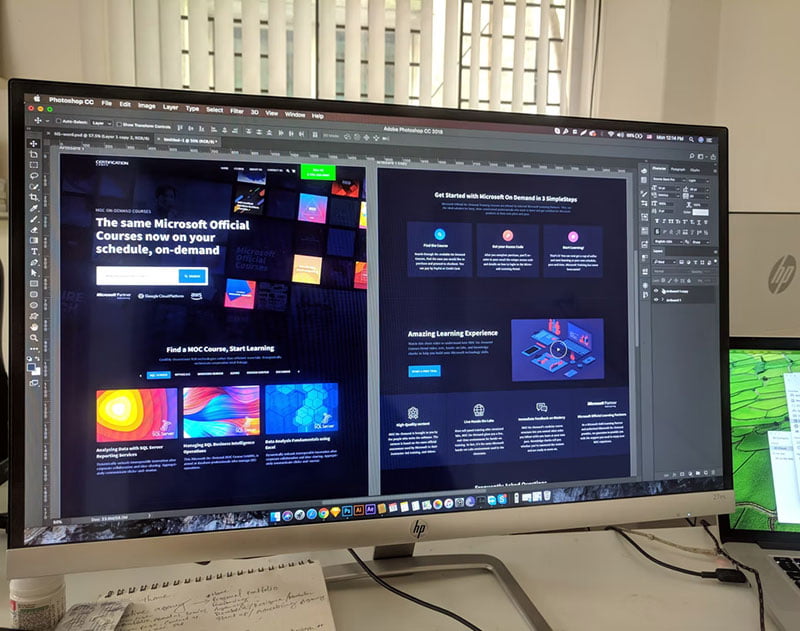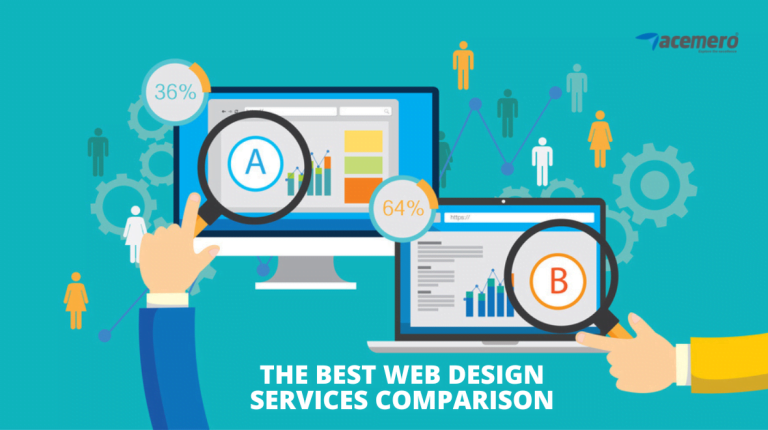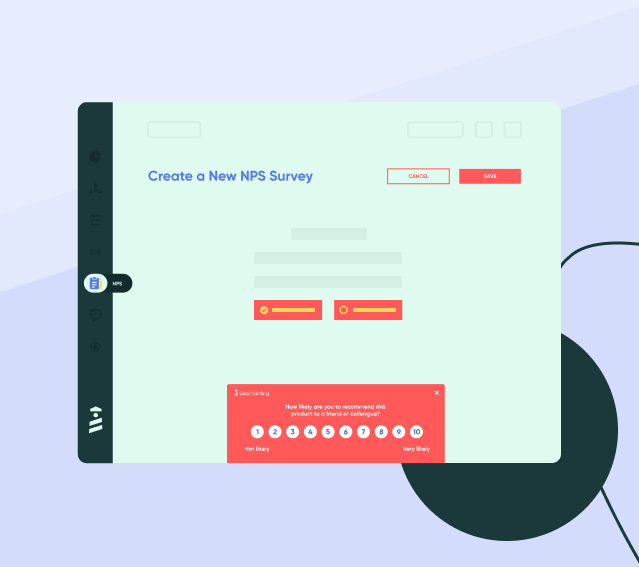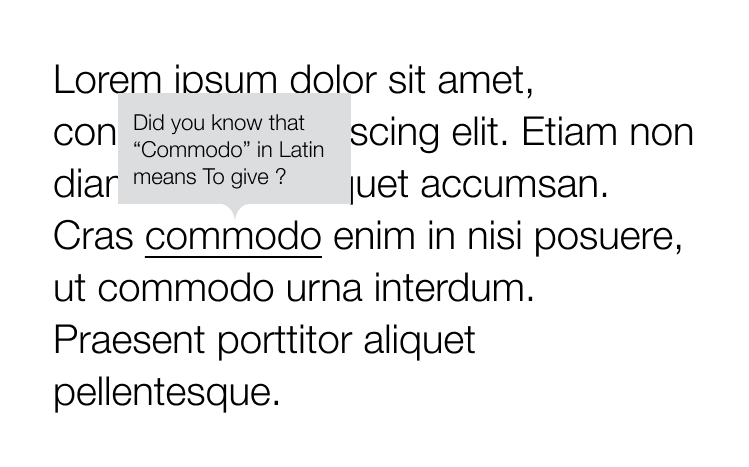When it comes to creating a website for your NFT projects, there are a few things you need to keep in mind. Here are useful tips to help you get started:
Domain Name and Domain Registration
Table of Contents
When choosing a domain name for your website, make sure it reflects the name of your project and is easy to remember. This is especially important if you are planning on marketing your product on the internet. People need to recognize your brand name to find you online.
Reasons for registering a domain name through a third-party service include having a custom email address and saving time by not transferring your domain every year to every website provider you sign up with. However, you need to make sure the third-party seller is reputable – otherwise, you may register a domain that will be hard for people to remember or type incorrectly when they want to visit your website. If you want to transfer the domain after the initial registration period is over, this option should also be easy and not require additional fees from both parties
Get a Unique Design
Since NFTs and blockchain applications are relatively new, there is no standard website design that reflects the unique qualities of this technology yet. If your website does not look like the others in the industry, it will help set you apart from competitors and can give people a better idea of what your product is about. Make sure you link to marketplaces where your work can be purchased from, if applicable. There are numerous websites where you can sell your work like Jungle, and these marketplaces can easily be linked to your website with the purchase code provided by these sites. If you are selling an item that is one-of-a-kind, make sure to highlight this in the design of your website as well, to avoid confusion with items that look similar but are not associated with your brand.
Get Reviews from Influencers
People interested in buying your NFT or other blockchain-related products are likely to be the early adopters of this technology. Therefore, it is important that they trust you as an artist if they want to make transactions with you. This means getting endorsements from influencers in the NFT or blockchain industry is important to your success. Getting endorsements will not only increase trust with potential customers, but influencers can also share content on their social media outlets that introduce new people to your work.
Hosting Your Website
Another thing to consider when setting up a new website is where it will be hosted. You can host your site on dedicated or shared hosting, depending on how much traffic you expect to get and the amount of storage space needed for images. If you have limited expertise with web servers, choosing a specialized service provider may be the best option because they will handle most aspects of managing your hosting account efficiently. Make sure to check their reputation online, however, before you sign up.
Security
Be aware of any security issues related to creating an online store, especially if you will be selling products on your website using an eCommerce platform like Shopify or Big Cartel. It is recommended to use SSL certificates to help secure any payment transactions that may take place on your site. This reduces the risk of fraud, but be aware that SSL certificates can reduce site speed.
Furthermore, it is important to use a secure server that protects your site’s login information and any credit card data you collect. You can certainly do this yourself, but if you want to increase security, consider using an eCommerce platform to manage the payment process for your NFTs or blockchain-related products.
Include links on each page of the site, so visitors can easily find what they are looking for. Include a clear contact page with your project’s email address, physical address, and phone number so customers who have questions about your product can get in touch with you easily. Include a search bar at the top of your page, since this is a more effective way for customers to find what they are looking for than scrolling through each page of your website. Make sure all links and buttons on the site load quickly as well.
Know Your Audience
Determine who you are targeting before starting any design process, since not most likely not everyone will be interested in NFT art and the specific art you are producing. Take your time to find out what kind of people like work such as yours, so you can decide what kind of content to create. Also, consider promoting your work on social media platforms people are likely to be interested in, so you can reach a larger audience. This is perhaps the best way to increase traffic to your site since it takes no extra effort once you have built an account.
Keep abreast of trends in your industry, so you can stay informed about new technologies that might be relevant to blockchain products and NFTs. For example, streaming technology is popular right now, so it would be a good idea to include this option on your website if streaming is integral to your product’s function.
SEO
Begin optimizing your site for search engine optimization (SEO) early in the development process by using keywords and phrases related to what your project does and filling out all the available characters on your site. You can also look for current SEO advice from your website hosting provider and the most popular search engines to help you strategize future optimization.
Include content that is relevant to your products such as descriptions, reviews, and comparisons to similar items. Make sure these pages are easily accessible from the homepage or other pages on your site. Also, consider including social media share buttons with links to your content on prominent locations of your website, so visitors can easily share it on their accounts.


All in all, you should create a website for your NFT projects that is user-friendly and intuitive. This means including links on each page of the site, so visitors can easily find what they are looking for, as well as making sure all links and buttons load quickly. You’ll also want to have content relevant to your work such as descriptions, reviews, comparisons, etc., which will make it easier for customers to buy from you online. Finally, consider using social media share buttons with links to this information on prominent locations of your website, so visitors can easily share it on their accounts.






